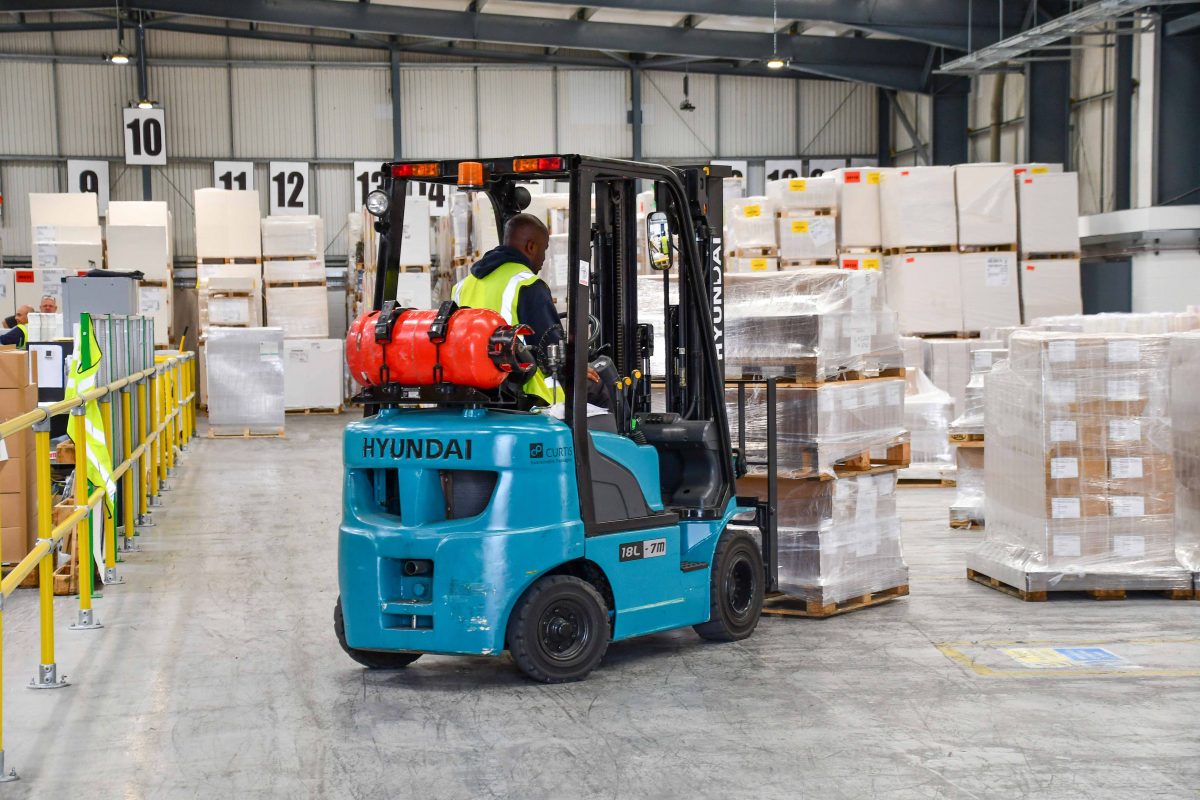Capacity Deration: the Key to Maintaining a Healthy Battery
There are many factors that affect a battery’s capacity, some of which are obvious and others that are often overlooked. For example, a battery’s capacity is affected by how often it is charged, how many times it is discharged, and how long it is stored for each cycle. While all of these factors are important, one of the most important is capacity deration. This is the amount of wear and tear that a battery undergoes as a result of being charged, discharged, and stored. Understanding this concept can help you maintain a healthy battery by avoiding situations where it is discharged too much, charged too often, and stored for too long. In this article, you will learn what capacity deration is and why it is so important for your battery.
What is Capacity Deration?
Capacity deration is the amount of wear and tear that a battery undergoes as a result of being charged, discharged, and stored. This is a concept that is often overlooked, but it is very important for a healthy battery. If you charge a battery too often, it will wear out much more quickly. On the other hand, if you never charge a battery, it will last much longer. What happens during the cycle of charging, discharging, and storing? Each cycle puts a certain amount of strain on a battery, so the capacity of a battery decreases. To avoid this, manufacturers have a standard capacity for batteries after they are fully charged. In this condition, the capacity of batteries is usually around 70% of the rated capacity.
Why Is Capacity Deration Important?
Just as a car’s engine will eventually wear out if it is not regularly maintained, a battery’s capacity will gradually decrease. When your battery is constantly being charged, a discharged, then being stored, the capacity of the battery will decrease. This can lead to a short circuit, overheating, and even a fire. How often should you charge your battery? Charging a battery too often will cause your capacity to decrease, which will make it weaker and less able to hold a charge. The ideal is to charge your battery once every two weeks. However, since some batteries are slower than others, you’ll need to test each one to determine the best charging cycle for it.
How to Maintain a Healthy Battery
Store your batteries out of the sun – Enabling your battery to stay cool will help to reduce its capacity and prolong its life. – Store your batteries in a cool, dry place – Hot or humid conditions will quickly damage your batteries. Keep them in an environment that’s between 12 and 29 degrees, and dry them as much as possible. – Avoid storing your batteries in direct sunlight – This can quickly affect their capacity. If you frequently bring them with you when you travel, consider keeping them in the trunk. – Avoid overcharging batteries – It’s important to charge your batteries only to the point where they are fully charged. – Keep a battery journal – This can help you to track how often you are charging your batteries, and also help you identify any patterns that you might be creating.
Conclusion
Keep these concepts in mind to ensure that your battery lasts as long as possible. If you charge it often, it will wear out quickly, so only charge it when it is completely dead. If you don’t store it, it will lose capacity and over time become weaker and less able to hold a charge. These are just a few things you can do to keep your batteries healthy and working properly. With a little extra effort, you can ensure that your battery lasts as long as possible.






